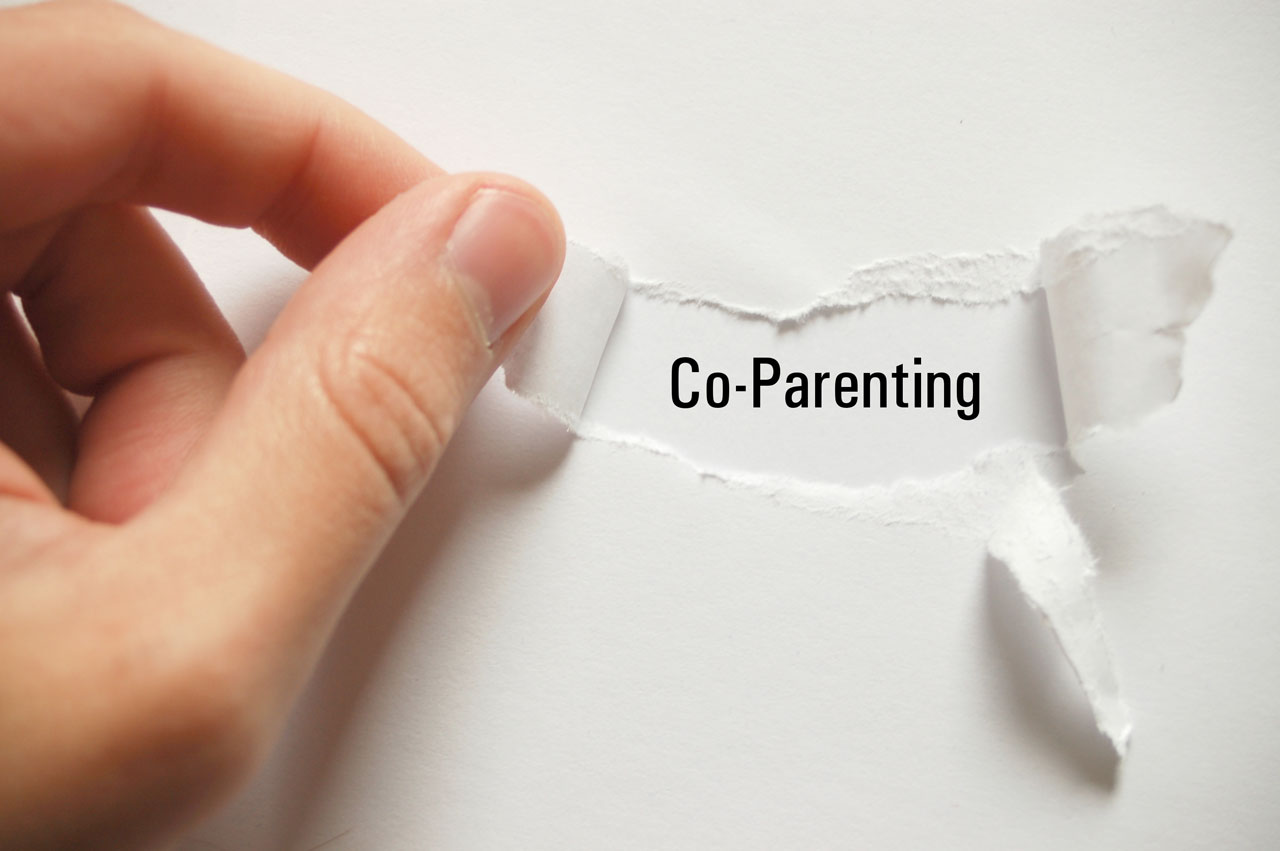Is Co-Parenting Right For You?
By: Carolyn Kersch

In the divorce world, the term “co-parenting” is always buzzing around. This is an objectively positive and productive term…at first blush.
In my practice, I often have clients tell me that their number one goal is to be able to effectively co-parent for the benefit of their children. Some become so fixated on this goal that they try to achieve it at any cost. What do I mean by that? Well…the truth is that co-parenting does not work in every case. It “takes two to tango.” If the other parent is a narcissist (I refer you to Alisa Geffner’s blog entitled Divorcing The Narcissist: Part One), has substance abuse issues, suffers from a mental illness or is the aggressor in a domestic violence situation (physical, verbal, emotional or financial), co-parenting may not be possible.
While one parent has a genuine interest in co-parenting, the other parent may use this as an opportunity to manipulate or hurt the other parent. I see this many times in my practice. This person, using the guise of co-parenting, will overcommunicate with the other parent to harass and micromanage them to a point where the other parent is completely overwhelmed and paralyzed. This is not effective co-parenting and is not in the children’s best interest. Sometimes this is done because the parent wants to control his or her former spouse, or a spouse cannot get past the pain from the breakup and is using this communication method to continue engaging the other parent in a negative manner.
While co-parenting is not appropriate for all, it is possible for many parents. This enables the parties to work together based upon effective and respectful communication to ensure that the children’s needs are being met. Both parents are on the same page when it comes to the routine and discipline they want to instill in their children. When parents share a schedule that allows both parents to be regularly involved, coparenting is ideal. These parents use a “divide and conquer,” method to parenting regardless of which parent has the children on any day.This method ensures, for example, that multiple children attend all their extracurricular activities or sporting events each day. They work closely together to return school items, soccer balls, uniforms and other items left by the children at one another’s home. Communication is the key to co-parenting. You cannot be nasty, demeaning, accusatory, presumptuous or micromanaging. You need to treat the other parent with respect, as you would your good friend working together towards the common goal …your children’s successful development and happiness. It is possible, and it is amazing to see when achieved. If this is not your story…that is okay. There are other options which will be discussed in my future posts. Stay tuned for my next blog post on Parallel Parenting.

